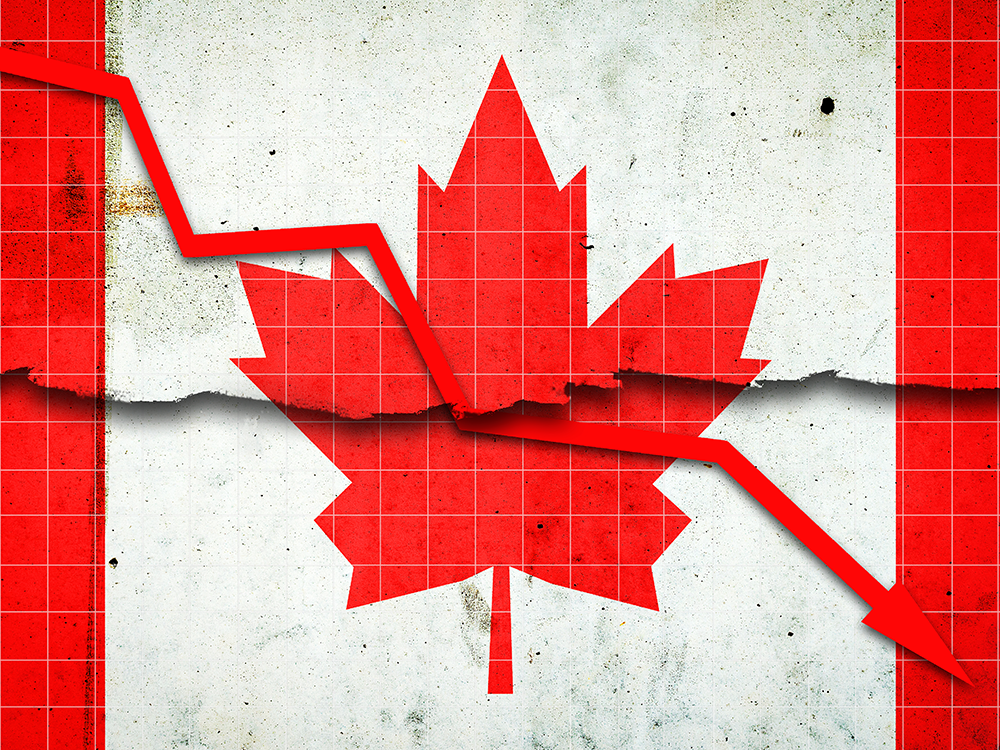Trudeau has put Canada on the map - give him his due
Canada is testing sinister wokeness to destruction
The country used to be known for being boring. That was before Justin Trudeau took over
ZOE STRIMPEL4 February 2023 • 7:00pm
My natural reaction to Canada, as someone who grew up in its more famous and influential neighbour, used to be a blink or two and a lazy stir of recollection that the country does, in fact, exist.
But Canada, perhaps aware of its peripheral status, has since the election of
its liberal-Left leader Justin Trudeau, left us no choice but to pay attention – for all the wrong reasons. Trudeau, an opportunistic wokester, has turned the country from a dull but relatively sensible-seeming place into a case study in why identity politics – and contemporary progressive ideology – is disastrous if allowed to reach the top. And reach the top it has in Canada, with the judiciary, schools, universities and public debate demented by it in myriad troubling ways.
The madness of Trudeau’s Canada has reached a fresh, painful high. New rules have come into effect that allow adults in British Columbia – the capital of which is addict-packed, overdose-ravaged Vancouver – to possess 2.5g of ecstasy, cocaine or heroin,
as well as the opioid fentanyl, without fear of being troubled by the police. The idea is that with so many shooting up and dying on the streets, the kindest and most helpful thing to do is decriminalise drug possession, ending arrests and prosecution as well as fines and confiscation.
As Kennedy Stewart, former mayor of Vancouver, proudly pointed out: “It gets the police out of the lives of drug users.” Instead of facing any resistance to their pursuit of deadly narcotics, drug addicts will be given “health service referral cards” by the police to encourage them to get help. The best way to handle drug addiction may not be the threat of punishment, but this measure is bonkers.
Just as heroin has effectively been made legal on the streets of British Columbia, Canadians have been told not to have
more than two alcoholic drinks per week – a drastic change from the previously recommended upper limit of around two drinks a day – because alcohol raises the risk of cancer and other diseases. So: a blind eye is turned to heroin on the streets, but a third glass of wine is frowned upon. As far as a philosophy of society goes, at least in 2023, this is a wacky mixture of the controlling and soulless with the callous and wilfully denialist.
Perhaps we shouldn’t be surprised. This is the sort of thing that happens when a society loses its moral bearings and instead embraces woke ideology. Woke is an authoritarian distortion of liberalism: it operates by ostracising and punishing those who don’t fall into line and who can then be called toxic, racist, dangerous and the rest. It demands that the many should apologise to the few, regardless of what they have done or said. Its carapace is a make-believe world in which all states of being are seen as identities, with the most “problematic” or “marginalised” (street heroin addicts, for instance) deserving of the greatest adulation.
Those who are genuinely deserving of care and attention, meanwhile, are often ignored. Which is all the more chilling in a country
whose assisted dying laws have expanded to such an extent that it may soon be not only legal to assist in the suicide of someone with terminal and unbearable physical illness, but also of mental illness. While those with early onset dementia or Alzheimer’s might be the obvious victims of this provision, it also means that people with bipolar or schizophrenia, or depression, could tragically feel pressured into ending their lives.
Canada’s skewed moral compass is also apparent in its handling of cultural issues. For instance, misgendering someone could be cause for legal sanction. In 2021, a 42-page ruling in British Columbia found that a “non-binary and gender fluid” waiter had indeed been discriminated against by their former employers at an Italian restaurant who “deliberately” called them gendered nicknames such as “sweetheart”, “sweetie,” and “honey”.
Then there’s the tampering with history for the sake of politics. After unmarked graves were supposedly discovered on the sites of former church-run residential schools for indigenous children, some tried to cancel Canada Day and churches were burnt down –
an action that Trudeau called “understandable”. The treatment of indigenous peoples was indeed scandalous, but the evidence for mass murder is not there. Nevertheless, an official inquiry in 2019 determined that Canada had committed – and was continuing to commit– “genocide”. Those who pushed back on the use of that term – Holocaust survivors and those who had witnessed the mass murder in Rwanda, among them – were mocked.
“I should have realised that the inquiry’s finding that Indigenous people are the victims of a ‘race-based’ genocide empowered by colonial structures would be mocked by pundits in the media,” complained Tanya Talaga in the
Toronto Star. “After all, the media is among those colonial structures. My profession has been complicit in the suffering of Indigenous people. It still is.” Eh?
Canada has gone from being a lesson in enviable dullness and relative common sense to a warning of what happens when you let politicians, opportunistically drunk on the Kool-Aid of identity politics, run the show. With a Labour government looking likely to take the reins here in two years, we need to guard against the Canadian disease spreading through Blighty.
The country used to be known for being boring. That was before Justin Trudeau took over

www.telegraph.co.uk





